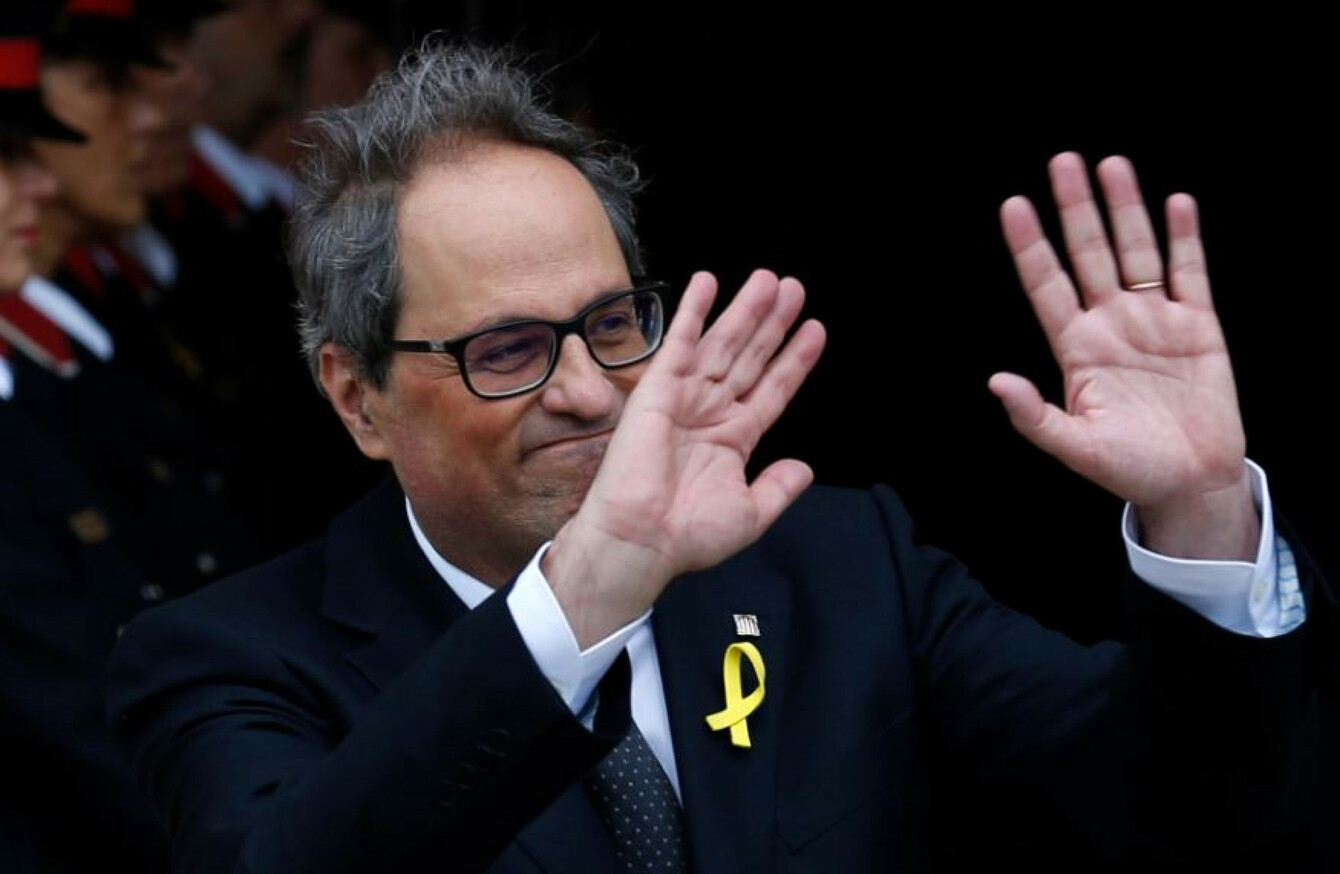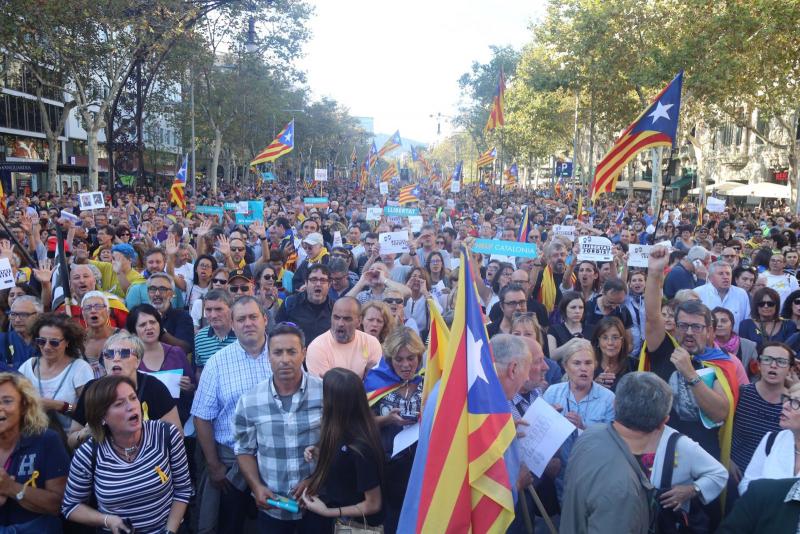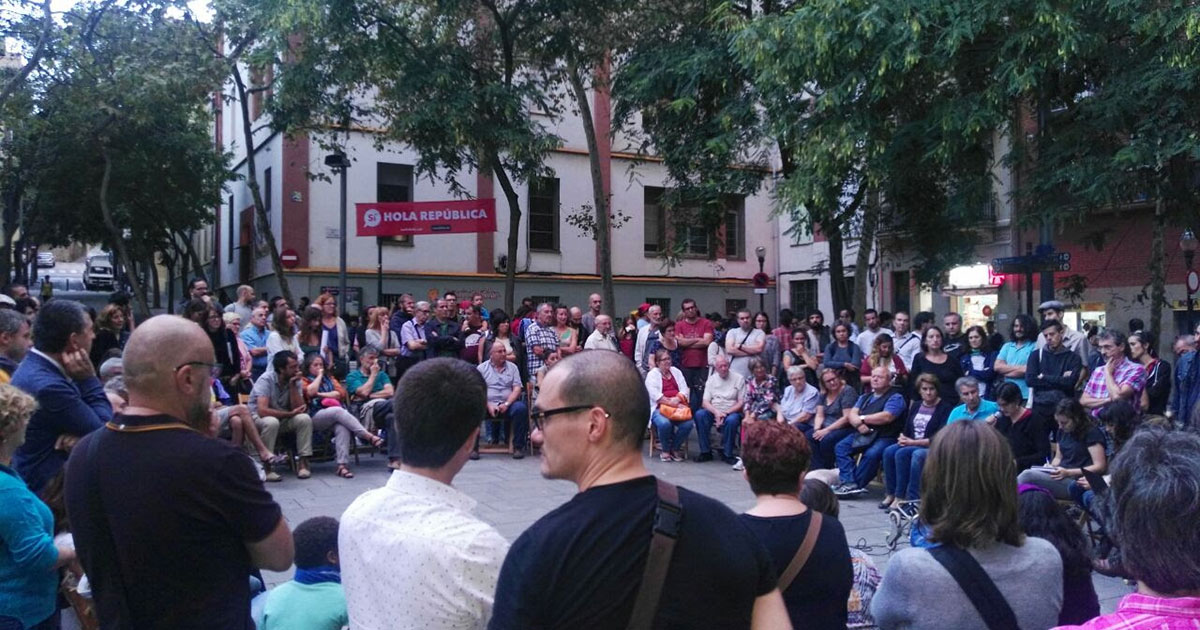Catalonia
The conservative Catalan nationalism of Quim Torra

Catalan Spring: Which way forward for the independence movement?
National struggle and class struggle: complementary or contradictory?

Catalan election shapes up as Europe’s critical battle for democracy

Catalonia braces to resist Spanish state war on its self-rule

Spanish state to Catalonia: 'Surrender or we'll take you over'

A meeting of one of the many local Committees




